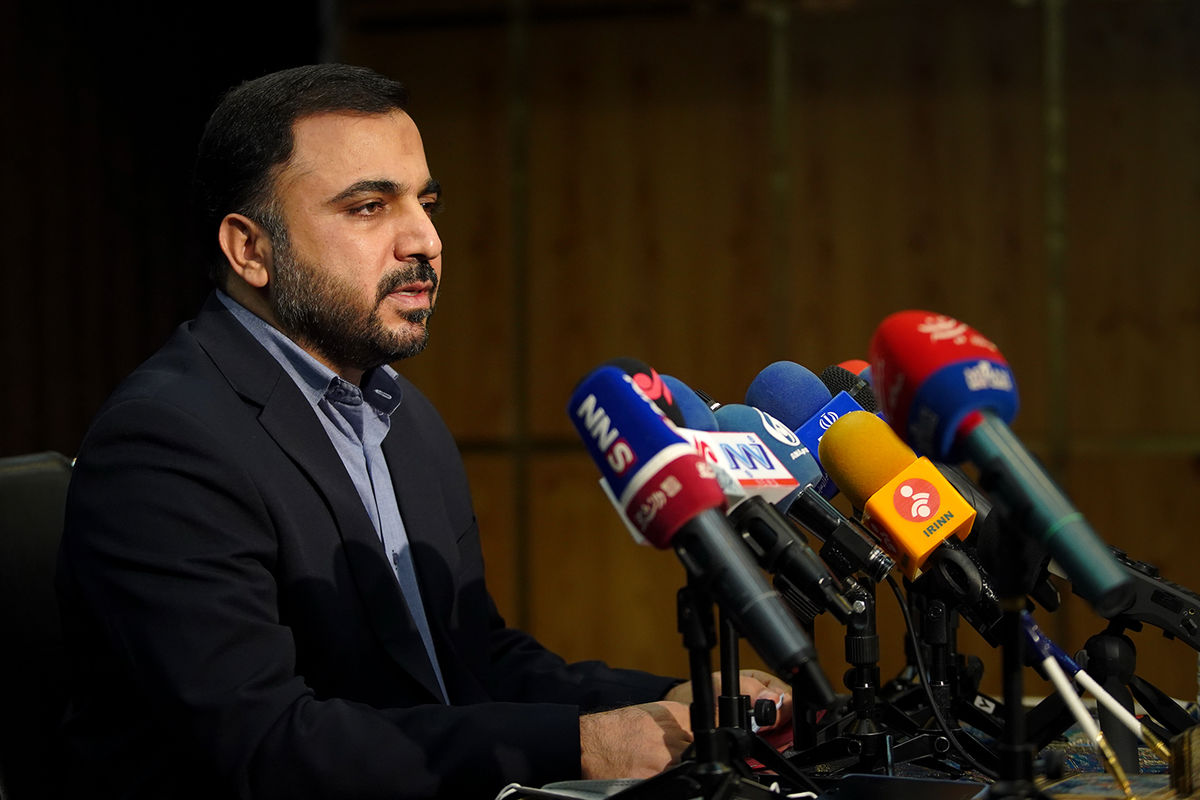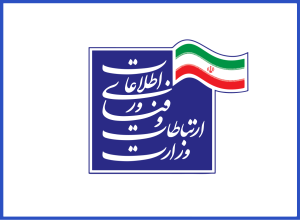Earlier, the Minister of Communications had announced that the Supreme Council of Cyberspace is responsible for Artificial Intelligence and is preparing a document in this field.
According to IDEA, the draft of the Artificial Intelligence document, recently prepared by the Scientific Deputy, envisions Iran’s placement among the top 10 countries in this area. Additionally, according to the document, the Scientific Deputy of the President’s Office should support the establishment of artificial intelligence unicorn companies. This is despite the fact that in mid-Khordad of this year, the Minister of Communications announced that the Supreme Council of Cyberspace is in the process of drafting an Artificial Intelligence document.
In mid-Khordad 1402 (June, 2023), the Minister of Communications had stated that, based on the division of responsibilities, the Supreme Council of Cyberspace is responsible for legislation in the field of Artificial Intelligence. According to him, this council is drafting the Artificial Intelligence development document.
Now, Hadi Asheri, the Deputy of the Artificial Intelligence and Robotics Headquarters of the Scientific Deputy of the President’s Office, has announced that a draft of the national Artificial Intelligence document has been prepared in the Scientific Deputy’s organization and has been sent to the Supreme Council for Cultural Revolution for further review:
“The document includes 4 major objectives, 5 main strategies, 30 key indicators, about 140 actions and activities or projects, and 175 minor indicators. It has been submitted to the Supreme Council for review, and specialized committees have been formed for its examination.”
According to him, in the vision of this document, Iran should be among the top 10 countries in Artificial Intelligence and a leader in this field: “This is a general goal, and sub-goals need to be defined beneath it. For example, we need to determine our status in terms of innovation or where we should stand in terms of human capital and technical infrastructure to be among the top countries.”
The Deputy of the Artificial Intelligence and Robotics Headquarters of the Scientific Deputy of the President’s Office also talked about the mandate given to this organization to support the launch of artificial intelligence unicorns:
“The competitiveness of companies is another important and emphasized aspect of the document, and based on this goal, we should be able to launch some major technology companies in the field of artificial intelligence because the development model of artificial intelligence in the world is based on technology companies. For example, in the United States, companies like Google, Facebook, and Microsoft have been driving forces in the field of Artificial Intelligence, and in other ecosystems as well, Artificial Intelligence has taken shape based on these models. In terms of commercialization and technology penetration, certain indicators have been defined, and, for example, the Scientific Deputy is obliged to support the launch of several unicorn companies in the field of Artificial Intelligence so that they can operate at the forefront of technology.”
An Artificial Intelligence Headquarters will be established
Another topic mentioned in the document is the establishment of an Artificial Intelligence Headquarters. Asheri explained, “The current proposal in the document is that, ultimately, an Artificial Intelligence Headquarters should be established in the country, and the Ministry of Science, the Ministry of Communications, the Scientific, Technological and Economic Deputy of the President’s Office, etc., must all have representatives in this headquarters, and the Scientific Deputy should appoint the secretary of the headquarters, which essentially has a coordinating role. However, this matter is currently under review in the Secretariat of the Council and has not reached a conclusion yet.
He emphasized the necessity of applying artificial intelligence and stated, ‘One of the major goals of this document is to meet the requirements and address major challenges through the application of artificial intelligence. This means that the application of artificial intelligence in the country must take priority. If we only focus on being ranked number one in the world in the field of scientific production, it will not be beneficial if we have not applied artificial intelligence technology.’
Furthermore, the Deputy of the Artificial Intelligence Headquarters in the Scientific Deputy’s office explained that despite China’s closed economy and its government system, it has brought large companies into the field of artificial intelligence and asked them to play a leading role, which they have been doing successfully:
“In fact, the main point here is that it doesn’t necessarily require having a free-market economy to achieve this.”
He highlighted the importance of “human capital development” in the field of artificial intelligence as another emphasized topic in the document and said, “A significant portion of artificial intelligence technology falls under the software domain, and it is crucial to divide responsibilities between the Ministry of Education, the Ministry of Science, and the Scientific Deputy. Each should have a clear mission in the field of human resource development. The Ministry of Science and Education is responsible for educating knowledge workers, and ultimately, the Scientific Deputy can step in to transform knowledgeable workers into skilled professionals and plan accordingly.”
He also mentioned the preparation of an “Artificial Intelligence Atlas” in the Artificial Intelligence Headquarters, which will specify how many companies are active in this field.
Some companies are solely involved in developing knowledge in this field, or it’s possible that a company imports a robot from a foreign company and hacks its own logo. These companies need to be well-identified in the atlas. The issue of identifying elites in the field of artificial intelligence, the number of postgraduate graduates in this field, the status of artificial intelligence exports, and the country’s position in terms of the number of articles and patent registrations are important aspects that should be addressed in this atlas.
Asheri believes that another area where a value chain for artificial intelligence can be created is through “collaborations with regional countries or on an international scale.”
He emphasizes that by leveraging the capabilities of knowledge-based companies active in the field of artificial intelligence in other countries, especially neighboring countries, wealth and value can be generated: “For example, a similar service to the Snapp app has been launched in Iraq, which has helped meet their needs.”






No Comment! Be the first one.